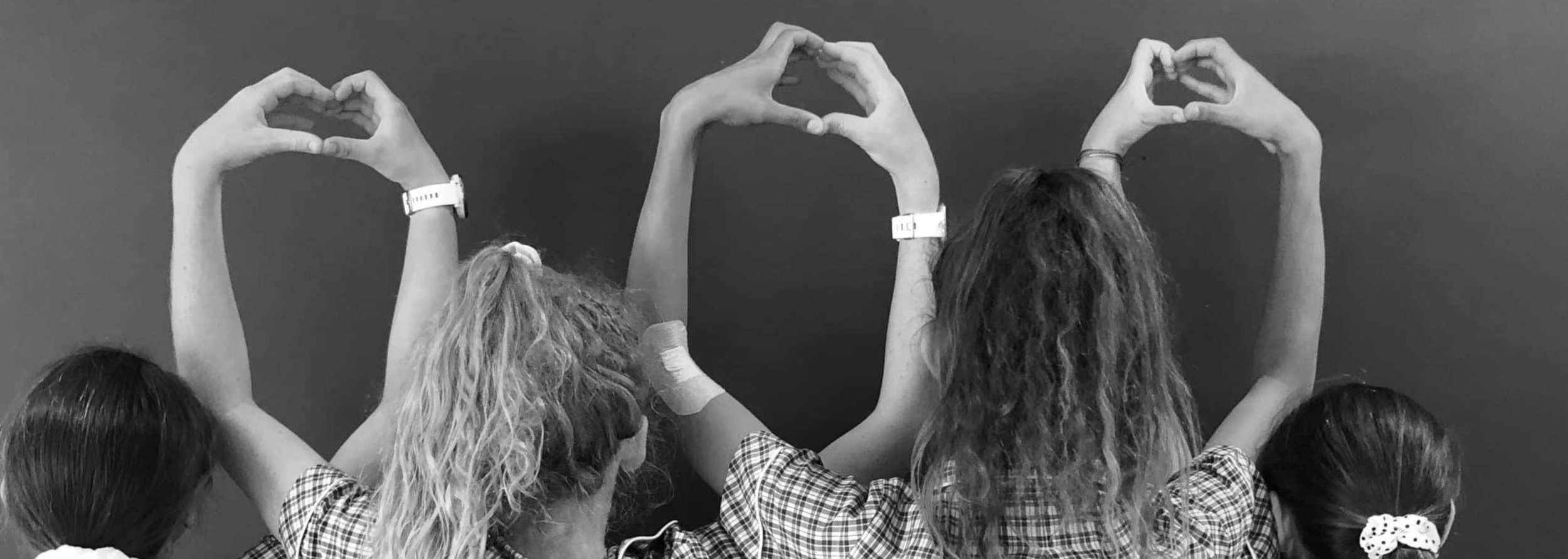Health and Wellbeing workshops
Inspiring the next generation through self-confidence and self-love to become the capable, resilient and empowered individuals of tomorrow.

ABOUT US
The Big Sister Experience is an evidence-based HEART-CENTRED and PASSION-DRIVEN initiative. Providing uplifting Primary and Secondary Workshops and Programs, designed to empower young people and the people who care about them. Since launching in 2019, The Big Sister Experience has facilitated workshops for over 25,000 students.
From Our Schools
The program provided a great opportunity for students to have authentic and honest discussions about serious issues, that they are currently dealing with. The program provides a positive and strong addition to well-being and it is an absolute necessity to our curriculum – Wellington Secondary College.

MISSION & VISION
The Big Sister Experience (BSE) offers evidence-based wellbeing and life education programs tailored for female-identifying students from Year 5 to Year 12. Focusing on real-life education, mental health, and overall wellbeing, BSE has created transformative programmes for school, parent and teacher communities.
Join us in shaping a brighter future for the next generation. Together, let’s inspire self-love and confidence in every young person.
A Word From The Founders
It is our duty to provide a safe container for our girls to discover who they are, and begin to thrive as young women within their school and wider communities
Calendar
Our Upcoming Curricular Events & Activities
10
september
keilor Downs secondary college
Year 8-9
11
september
elisabeth murdoch college
Year 8
13
september
Northcote primary school
Year 5-6








